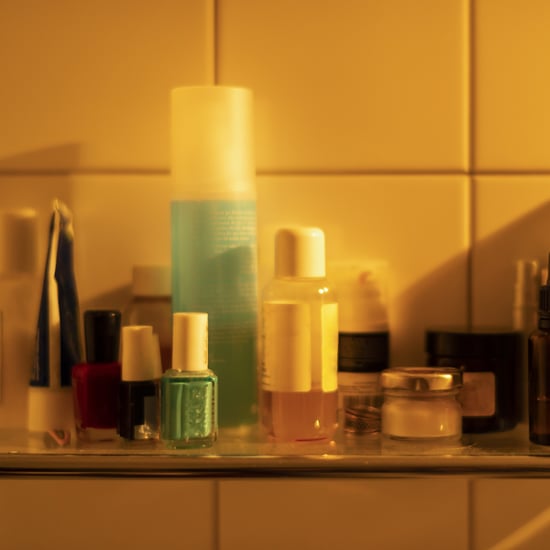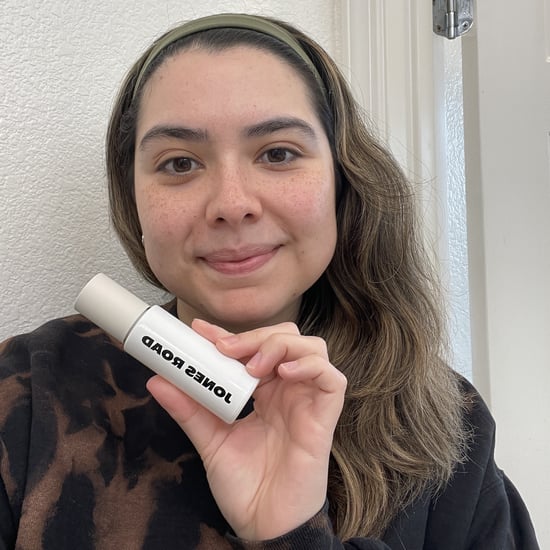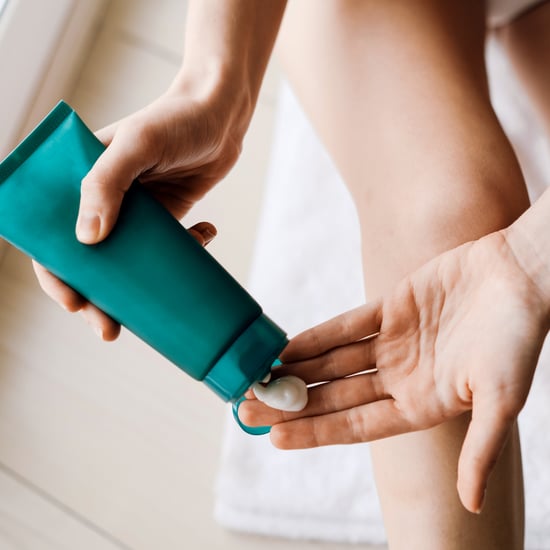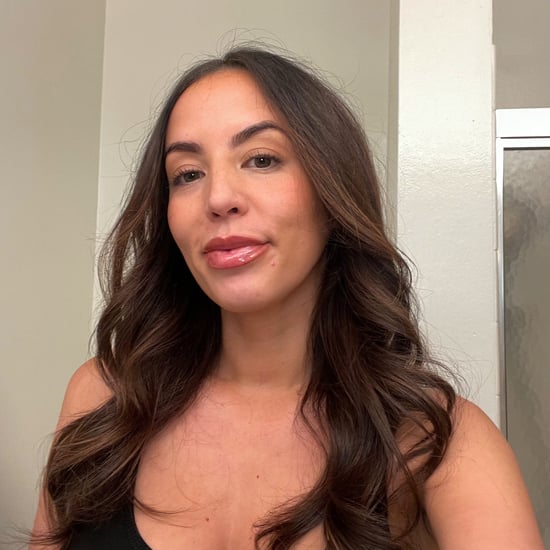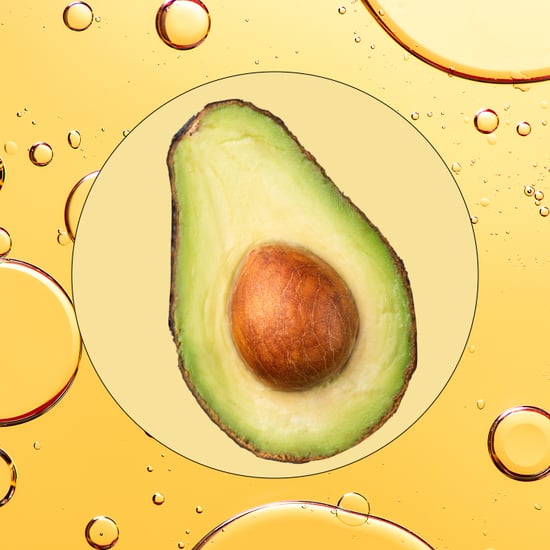How to Choose a Moisturiser
How to Choose the Right Moisturiser When You Haven't Got a Clue

With thousands of different moisturisers on the market, it's hard to know where to start when it comes to choosing one to suit your skin. That's why we're breaking down the purchasing process to help you make a decision. Since everyone's skin is so different, blanket recommendations are difficult to make, but use this handy guide to help narrow it down to the right product for your skin, your tastes, and your budget.
Decide How Much You're Willing to Spend
There's no point in looking at moisturisers that cost upwards of £50 if your budget can only stretch to £10. One of the most common questions I get asked is "are the more expensive moisturisers worth it?", and there's sadly no definitive answer. Usually they contain higher percentages of certain key ingredients and have perhaps been subject to more rigorous research and testing. They'll probably be better packaged and have a nicer texture. But there are people all around the world using budget skincare products who're very happy with the results. The key thing is that you're using something.
Identify Your Skin Type
Choosing the right product starts with knowing what you're trying to achieve with it. All skins benefit from a moisturiser, even oily or acne-prone skin. Oily skins will simply need a more lightweight, oil-free formula. Drier skin types will usually benefit from a richer, denser cream. If you have sensitive skin, you'll need to seek out uncomplicated formulas that are fragrance-free. If you have dehydrated skin (this differs from dry skin in a number of ways) seek out products containing humectants (hyaluronic acid or glycerin, for example), which trap moisture on the skin. If you don't know what kind of skin you have, you probably have either normal or combination skin. For either of these, start with all-round moisturisers designed to do a little bit of everything and judge from there.
Make a Decision on Antiageing
"Antiageing" is often more about branding and marketing rather than any huge difference in ingredients. To an extent, moisturiser is moisturiser, whether you're 20 or 70. There are specific ingredients that are popular for antiageing, but even they can be beneficial to other people too. Retinol, for example, works on wrinkles because it helps to resurface the skin: this can be just as useful for those with acne scarring. In many ways, it's never too early to use antiageing products; just be aware that those formulated for mature skins (which tend to be drier) may be too rich for many younger skin types.
Decide If You Want Any Additional Benefits
If you're planning to wear your moisturiser during the day, you may want to ensure it has a broad-spectrum SPF built in for some level of daily protection from the damaging and ageing effects of the sun. Maybe you're looking for a tinted moisturiser so you can skip foundation? Perhaps you simply can't be doing with a day and night cream, and you want a suits-all formula you can use for both. Identify this before you go any further, as it means you can rule out anything without those extras.
Make Your Choice: Science or Nature?
Ideally, the best brands harness the best of both worlds, combining active natural ingredients with extensive research and scientific breakthroughs. But in truth, most of them market their products one way or the other. Now is the time to decide which way you skew. Are you more interested in natural ingredients, essential oils, and recycled packaging, or do you want to embrace the science? How you feel about this may help you narrow down your options to specific brands. You'll also need to consider your ethics: does your choice need to be soil-association-approved and have the leaping bunny symbol to show it's cruelty-free?
Trust Your Nose
If possible, try to start your search somewhere with testers so you can have a good sniff! Though scent has no effect on your skin, fragrance is still important. If you hate the smell of something, even if someone tells you it's going to work wonders, you're unlikely to get into the routine of rubbing it into your face every night. In contrast, if you absolutely love how something smells, applying it becomes a bit of a treat, and you'll find your skincare routine becomes second nature. Always make sure you like how your moisturiser smells!
Try Out Textures
Next up, apply a bit of the product (preferably to your face, not your hand, unless you have very sensitive skin). See how it feels and whether you like the way it rubs in and how it makes your skin look. Give it five minutes to sink in and have another look and feel. If you're still happy, this could be your match.
Give It a Fair Trial
It's tempting to just collect a load of samples and try them all before committing to a product, but this isn't always the best way because you'll never be able to use a sample for long enough to make a real decision. By all means, take some samples home to tests the above (scent and texture), but don't expect to get much more from a few days of testing. If you've found something that's within your budget, it meets your requirements, and you like the smell and texture and the way your skin feels after you apply it, just go ahead and buy it! You won't really know how well a product truly suits your skin until you've used it for a month or so. Assuming you haven't had an allergic reaction or very strong flare-up, persevere and see how your skin feels once it's had time to go through its full regeneration cycle (about four to six weeks, depending on who you ask).
It Didn't Work — What Now?
Start again from the top! Unfortunately, finding your perfect fit might take some experimentation. If in doubt, look to timeless products from trusted brands rather than faddy new products that have yet to be properly put through their paces (there has to be a reason some classics have been around for decades). Listen to staff who know the products well and are there to provide advice.
If you're really struggling to understand your skin's needs, consider making an appointment with a dermatologist. Though that will come at a cost, their expert recommendations could save you from buying dozens of moisturisers that aren't right for your skin.
Product Credit: Everlane T-Shirt
